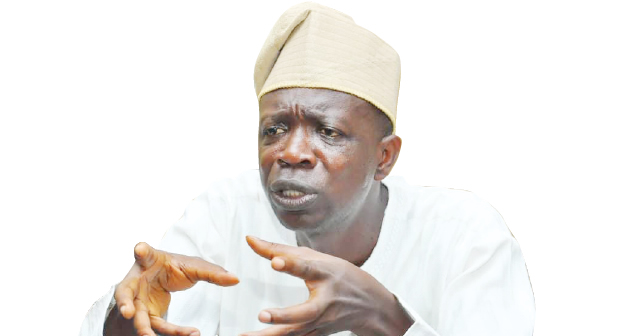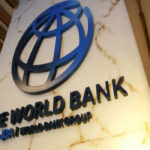
Oyintiloye, who appealed while speaking with newsmen on Sunday in Osogbo, noted that many Nigerians were currently unable to access most essential drugs due to the extremely high prices.
He said that the escalating prices of the drugs could be attributed to a combination of factors, such as the withdrawal of GSK, a major player in the pharmaceutical industry, and the high rate of inflation in the devaluation of naira, among others.
Oyintiloye said that the aforementioned factors, among others, had made prices of drugs such as amlodipine, augmentin, paracetamol, exforge, Coartem, and other essential drugs to become unaffordable for the common man.
According to him, the National Bureau of Statistics revealed that the value of medicines imported into Nigeria rose by 68 per cent to N81.8 billion between July and September 2023.
Oyintiloye, a former lawmaker, said that the surge in the prices of drugs had placed a significant financial strain on individuals and families already struggling with the harsh economy.
“When the local currency weakens against foreign currencies, the expenses incurred in procuring these essential medical supplies rise, consequently driving up the overall prices of medicines in the country.
“The scarcity or limited availability of foreign exchange exacerbates as a ripple effect, forcing manufacturers to compensate by increasing the prices of medicines to cover their higher operational costs”, he said.
The APC chieftain, who commended President Tinubu’s effort in repositioning the economy, however, said there is an urgent need to redouble efforts in the health sector.
Oyintiloye, a member of the defunct APC Presidential Campaign Council, noted that patients struggling with chronic diseases such as hypertension, diabetes, and tuberculosis, among others were now find it difficult to cope with the surge in the prices of their medication.
“The way the prices are going up, people who are in need of most of the essential drugs might not be able to afford it and this might increase in death rate in the country.
“Insulin, for instance, is now between N12000, and N14,000, and some of the patients might need two or three of it in a month.
“Also, Ventolin inhalers for asthmatic patients rose from N2000 to N9,000, and if a patient is earning N30,000 per month, how will he or she cope?
Oyintiloye appealed to the government to drive investments in the health sector, address the Forex problem, remove the duty tax on medication, encourage local production and also allow a more enabling environment for the pharmaceutical company.
He commended Prof. Mohammed Pate, the Coordinating Minister of Health and Social Welfare for meeting with representatives and Chief Executive Officers of pharmaceutical companies in Nigeria recently to find solutions to the crisis.
Oyintiloye said Pate’s assurance that the federal government was working towards policy actions that may address the high prices of medicines, especially for the most vulnerable Nigerians was commendable.
He said the efforts of President Tinubu in revamping the economy would soon begin to yield positive results.





